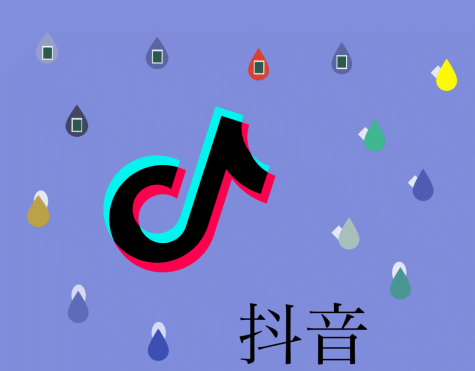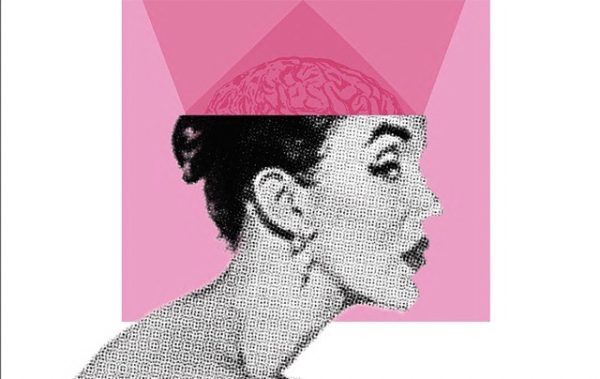The TikTok trial
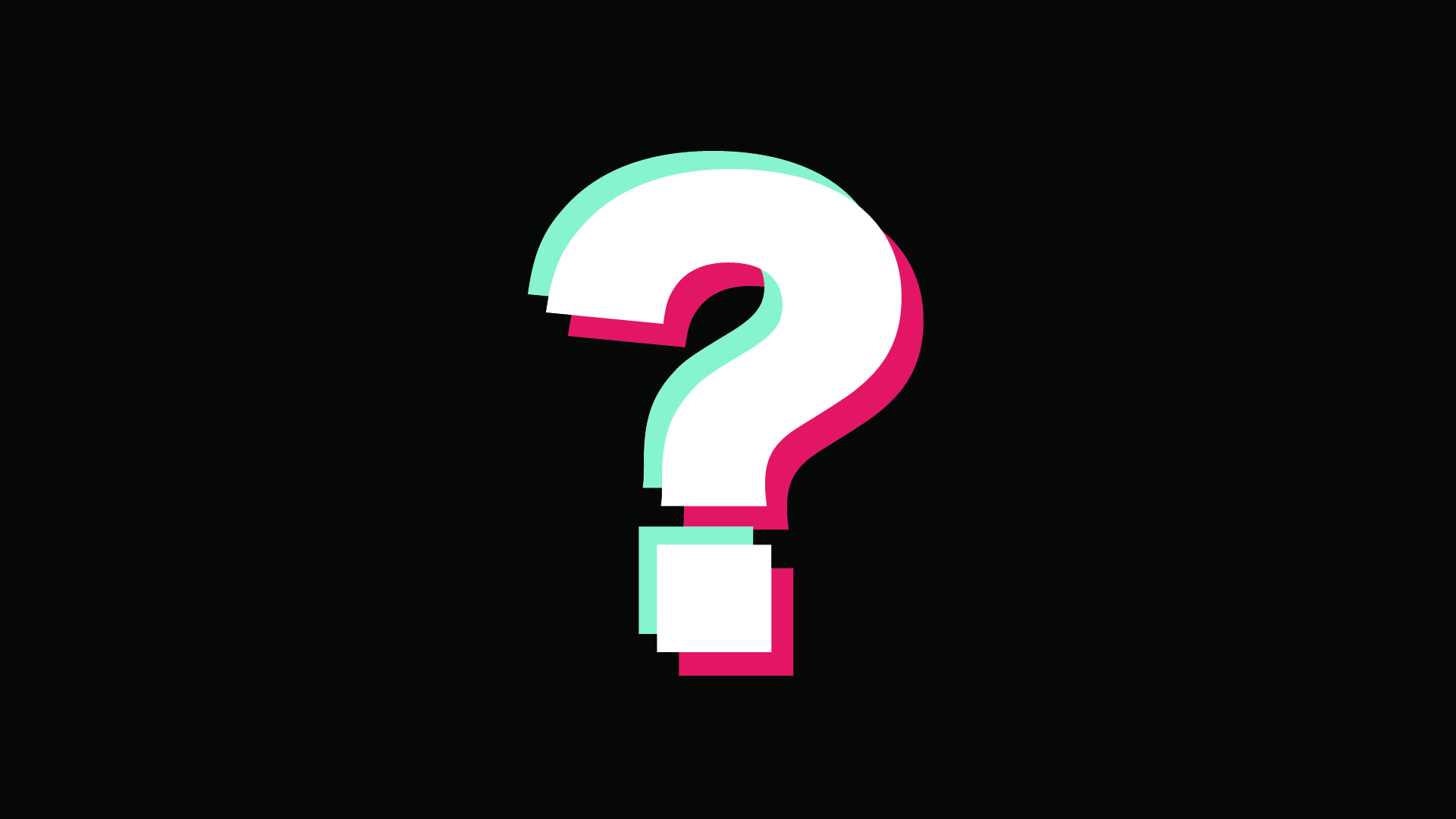
From letters to text messages and in-person classes to YouTube tutorials, the ease and accessibility of phones dominate today’s digital world. Younger generations have created virtual lives that serve as a creative outlet. Within those small screens, TikTok, a short-form video app owned by Chinese internet company ByteDance, has come out on top. Previously known as Musical.ly, the app has shifted focus from lip-syncing entertainment videos to a diverse range of content such as news, fashion and do-it-yourself projects.
However, its credibility is being questioned within the United States, specifically citing national security concerns due to the app’s Chinese origin. While these concerns have been around since 2020, this led the U.S. House of Representatives to pass a bipartisan bill — alongside a foreign aid package for Ukraine, Taiwan and Israel — requiring ByteDance to either sell the app and divest itself from China within nine months or be banned within the U.S. The U.S. Senate passed the bill on April 23 in a 79-18 vote, and it officially became known as the National Security Act after President Joe Biden signed it on April 24. On May 14, eight undisclosed TikTok creators filed a lawsuit against the U.S. government on the grounds of First Amendment rights violations. TikTok itself has pursued legal action and spent around $2.1 million to promote the voices of users in the U.S.
The West High community is especially affected by the ban, both positively and negatively. Students Layan Ahmed ’25 and Minna Abdalla ’26 share their opposing views on the Tiktok ban’s potential implications.

For some, TikTok serves as an informational hub. In fact, over 40% of Americans use the app as a search engine. Ahmed, a frequent user of TikTok, describes how the app has been useful for her.
“A lot of government stuff, like with Roe v. Wade especially, [is shown to me through TikTok],” Ahmed said. “At first, I knew what Roe v. Wade was, but I didn’t really know the influence [of it]. Seeing different opinions about that on TikTok and being able to learn from different creators about the impacts helped keep me more informed about the issues.”
However, the ban will make information on TikTok inaccessible, which Ahmed sees as an infringement of free speech.
“It’s a little bit of a violation to me because TikTok is such a huge place for people our age to share their ideas. Now that they don’t have that major place of communication, that takes away half the speech teens have,” Ahmed said. “Compared to other social networks and media platforms, TikTok is a lot more of a casual, comfortable space for teens to speak up about issues… To me, [the ban] just doesn’t make sense, and it contradicts freedom of speech.”
Because of Tiktok’s strong digital presence, Ahmed believes social media’s structure will change after the ban.
“[The ban] is definitely going to cause some shifts in social media trying to mimic and emulate TikTok. There are already platforms doing that, like [Instagram] Reels and [Youtube] Shorts, but there’s something missing about them that TikTok has,” Ahmed said. “In general, I would say that it’s going to lead to a lot of disconnection within the [Gen Z] culture. Hopefully, teens can find an alternative. I see people already talking about it, like, ‘We should get on this platform once TikTok is done.’ But in general, [the ban] is going to have a lot of negative effects in terms of the connections within our demographic.”
It’s a little bit of a violation to me because TikTok is such a huge place for people our age to share their ideas.
— Layan Ahmed '25
Once the ban on TikTok is in effect, Ahmed and millions of users will lose many of the app’s features. Ahmed shares specific features she’ll miss about the app.
“The search feature is definitely the best feature [TikTok] has. I use TikTok search more than I use Google search [because] it’s computer-generated and suggests things to you,” Ahmed said. “It’s a really strong search option feature, and I’m going to miss that.”
Many platforms, like Instagram and YouTube, have tried to imitate TikTok’s short-form video format by creating Reels and Shorts, respectively. Ahmed discusses how these could be potential alternatives to TikTok after the ban.
“I think the first choice would be [Instagram] Reels. Honestly, Reels might be better than TikTok in some ways, but no matter how user-friendly it is, no matter how many videos are posted on it to mimic the style of TikTok, there’s something that’s going to be different,” Ahmed said. “I don’t think there’s anything that can really replace TikTok, but I think there are definitely some alternatives that come close.”

While some view the TikTok ban as an infringement of free speech, others view it as beneficial for productivity. Abdalla, a previously frequent user of the app, describes how her lifestyle has changed after deleting the app.
“TikTok had a bad influence on me and made me addicted to my phone,” Abdalla said. “I think the ban will make me more productive and motivated so I’m not constantly on my phone and continuously scrolling.”
Abdalla emphasizes how this addictive behavior of constant scrolling on TikTok can cause psychological harm.
“I saw a study about TikTok and it being bad for your dopamine since it’s almost like a drug. The more you scroll, the more dopamine gets released, so the more you want to watch,” Abdalla said. “[The ban] will be a dopamine cleanse for me, and I’ll feel happier and more connected with people around me.”
Abdalla is also grateful for the ban because she believes it will decrease the time individuals spend on their devices, allowing for more face-to-face interactions.
“I don’t know the government’s reason for implementing the ban, but whatever it was, in the end, I think it’s a good thing that they are banning it. I feel like it will have a positive impact on our society, with fewer people using their phones constantly,” Abdalla said.
[The ban] will be a dopamine cleanse for me, and I’ll feel happier and more connected with people around me.
— Minna Abdalla '26
TikTok’s negative aspects expand beyond the addiction. A study from the University of South Carolina discovered that the type of content people view on TikTok has a strong correlation with body dissatisfaction and eating disorders. Abdalla agrees, affirming that TikTok facilitated the spread of unachievable beauty standards, leading to increased insecurities among teenagers.
“I have learned from TikTok that you should never believe what you see online, especially with all the staged TikToks and editing, and I learned that people will do whatever it takes to get views and interaction,” Abdalla said. “For example, [creators will] say something out of pocket to make [the audience] mad and comment.”
After the ban, Abdalla predicts Tiktok users will shift more toward other social media platforms.
“I do think [the ban] will have a long-term impact on the social media landscape because TikTok was probably one of the most-used social media apps, so we’ll be shifting more to Instagram Reels,” Abdalla said. “Maybe people will also use social media less.”
Abdalla looks forward to a TikTok-free future and plans to stay off similar apps.
“I want to use this ban as a way to reconnect with the space around me and focus more on school and taking more care of myself, so I won’t go searching for alternatives,” Abdalla said.
Your donation will support the student journalists of West High School. Your contribution will allow us to purchase Scholarship Yearbooks, newsroom equipment and cover our annual website hosting costs.
-
 NewsConstructing change
NewsConstructing change -
 NewsClass of 2024 graduates at Xtream Arena
NewsClass of 2024 graduates at Xtream Arena -
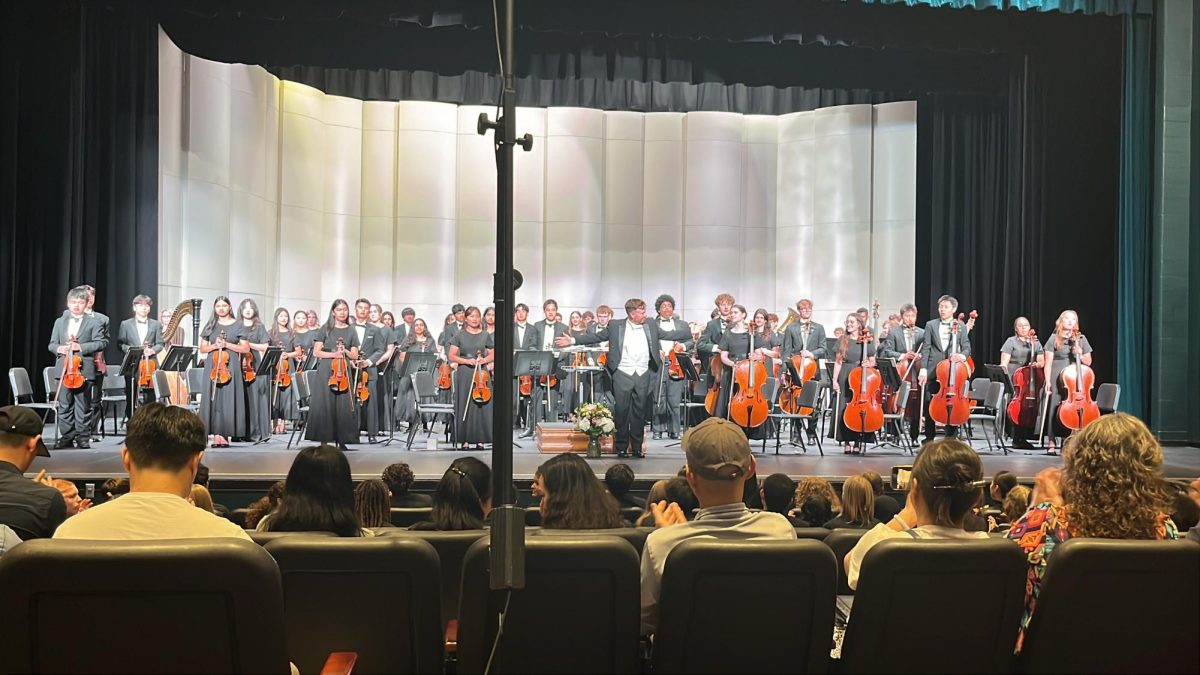 NewsWest High hosts annual Senior Orchestra Festival
NewsWest High hosts annual Senior Orchestra Festival -
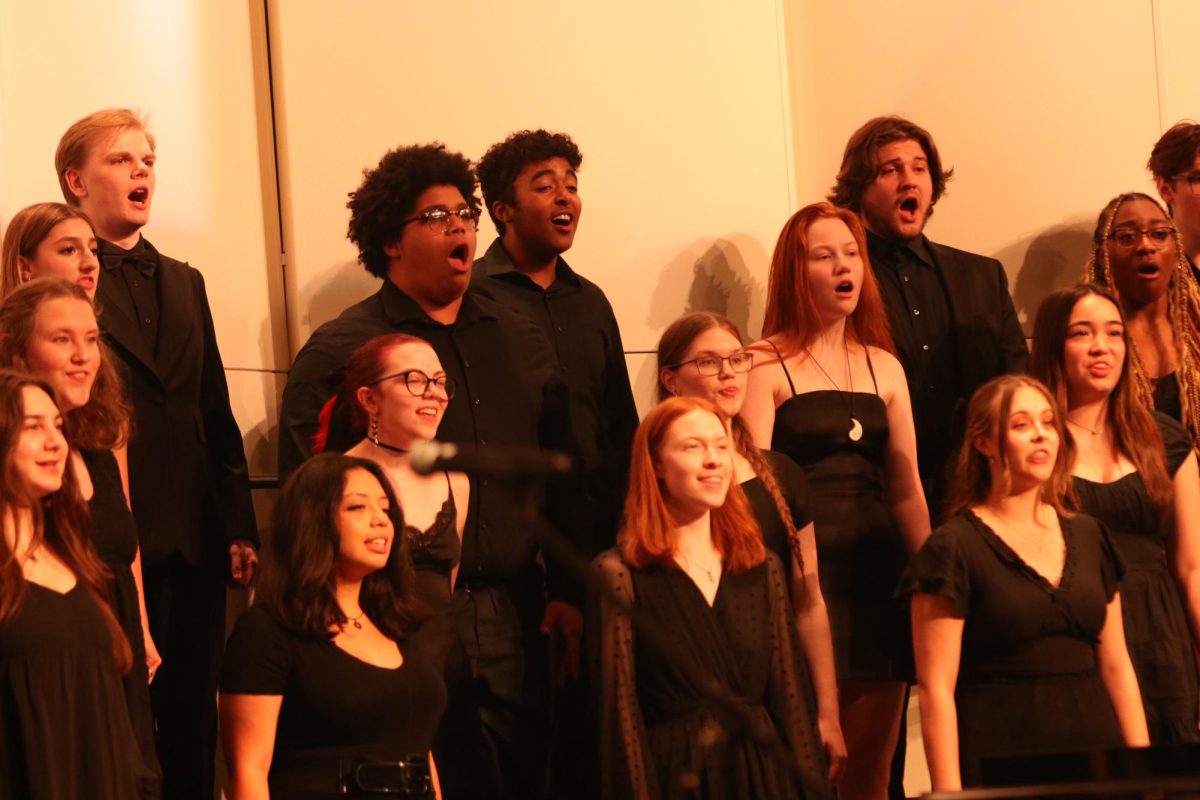 NewsAnnual West choirs spring concert
NewsAnnual West choirs spring concert -
 NewsThe working class(room)
NewsThe working class(room) -
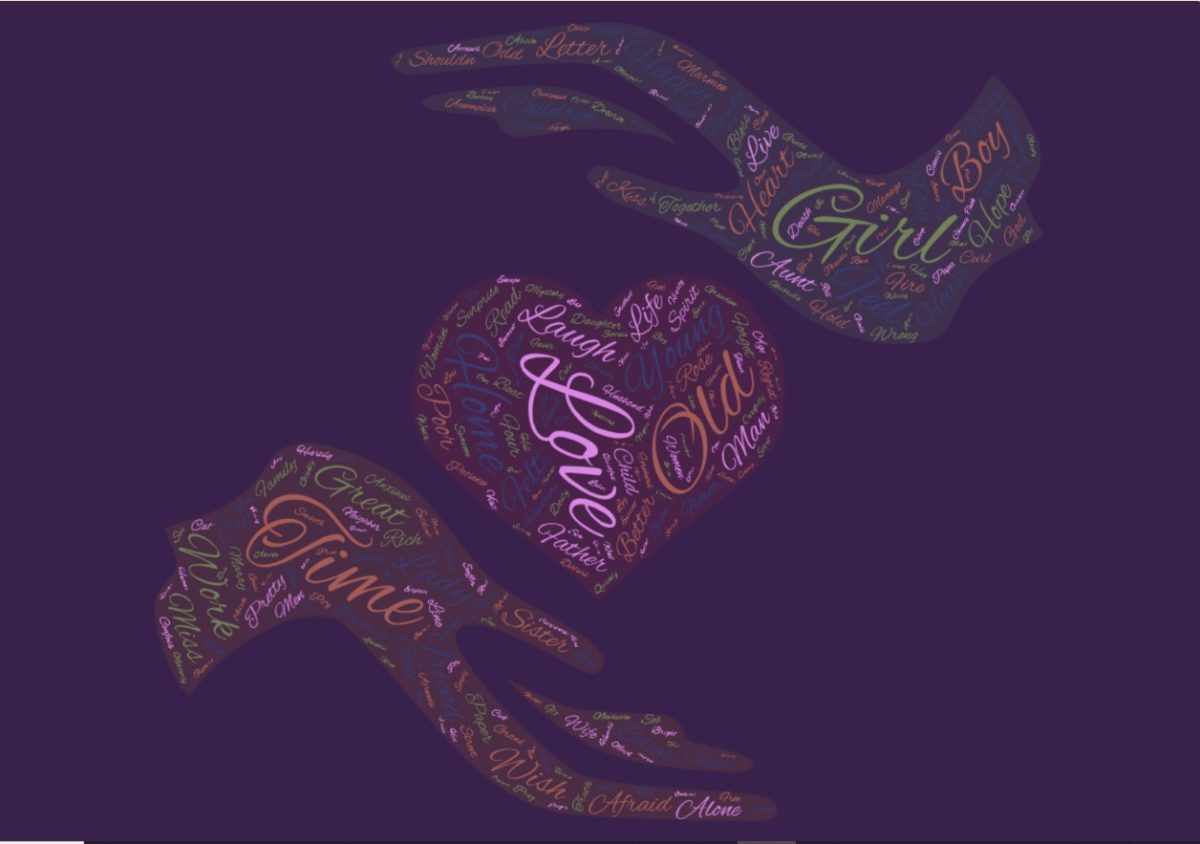 NewsLittle Women performed by ICON
NewsLittle Women performed by ICON -
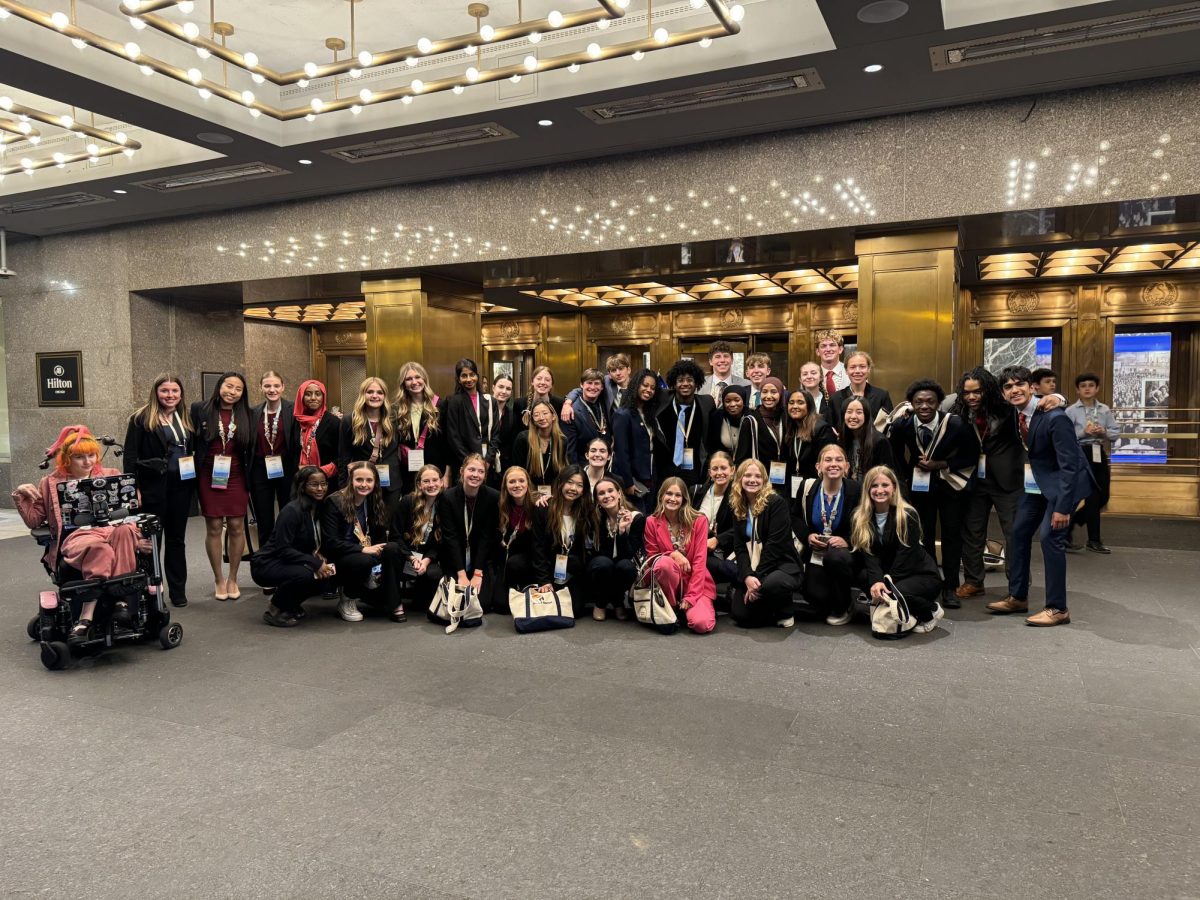 NewsWest BPA shines at the 2024 National Leadership Conference
NewsWest BPA shines at the 2024 National Leadership Conference -
 NewsTennis teams compete in state tournaments
NewsTennis teams compete in state tournaments -
 NewsThe future of Iowa’s Area Education Agencies
NewsThe future of Iowa’s Area Education Agencies -
 NewsSTEM for Youth and FRC host robotics program at Wickham
NewsSTEM for Youth and FRC host robotics program at Wickham



